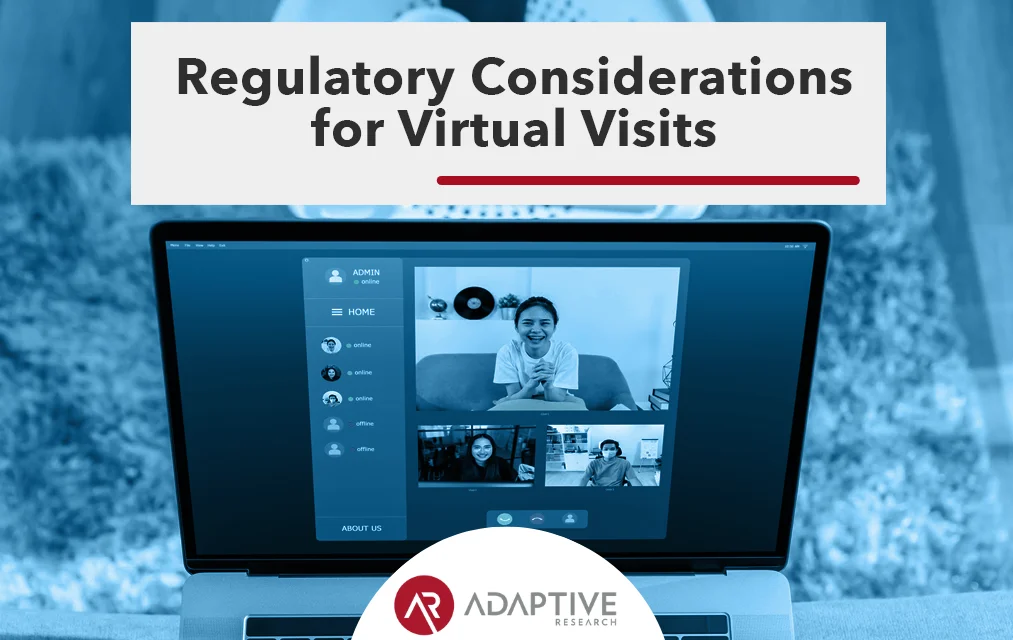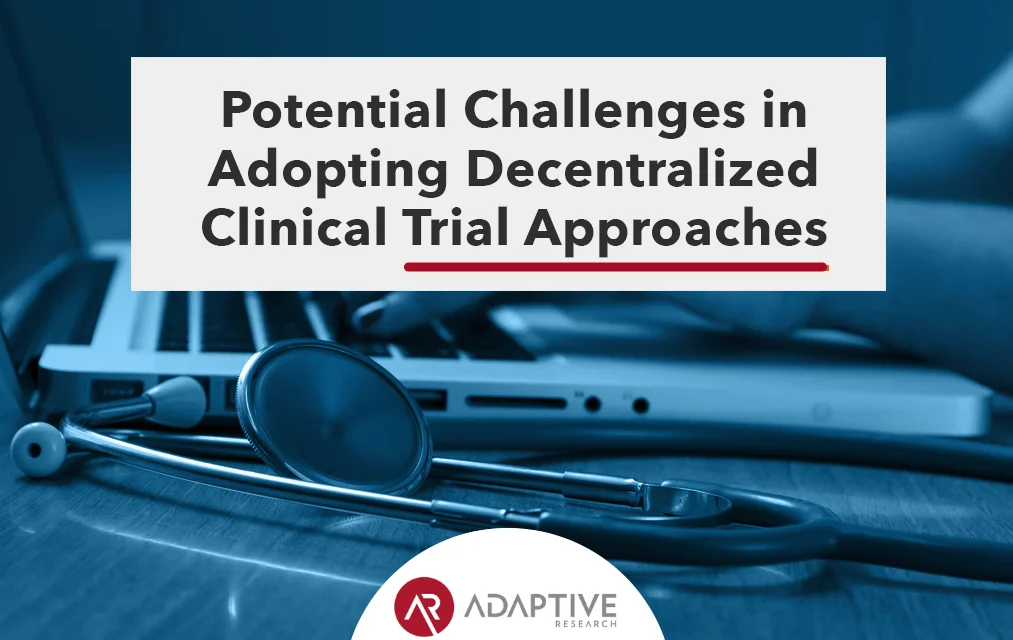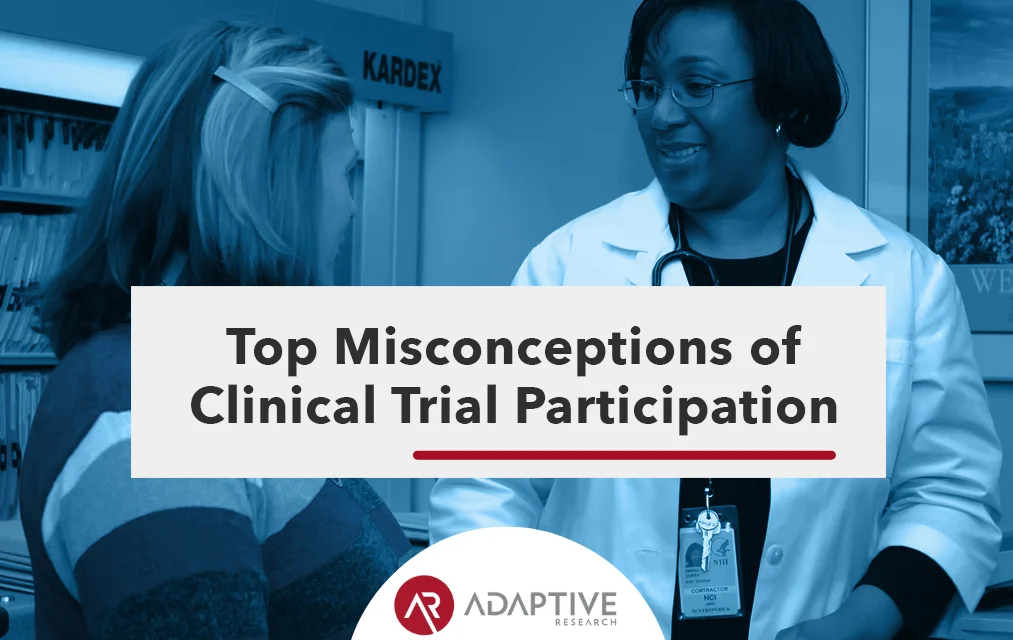Regulatory Considerations for Virtual Visits
Virtual visits (e.g., emails, phone calls, and videoconferencing) allow participants to interact with their trial team without the need for face-to-face meetings. They can be used in various settings but are frequently implemented to minimize travel requirements—for example, patients living in remote areas far from clinical centers. Or locations where frequent travel may present logistical challenges, such as international studies involving multi-country sites. Virtual contact is also increasingly being used in place of physical site visits to support the process of receiving informed consent and determining patient eligibility. Virtual contact is often combined with real-time technologies such as Web cameras and electronic patient diary apps to collect data. Virtual visits are becoming increasingly common in clinical research, but can they be implemented effectively? The Clinical Trials Transformation Initiative (CTTI) The CTTI launched a multi-stakeholder, decentralized clinical trial addressing the best ways to implement remote patient data collection and monitoring — and provided researchers and regulators with the tools they need to support this new approach. At any rate, because of these combined factors, everyone involved in clinical research must understand how virtual visits work, their benefits and drawbacks, and what steps need to be taken to ensure that trials involving virtual visits adhere to ethical guidelines […] Virtual contact can take place either synchronously (e.g., using real-time technologies, such as web cams), or asynchronously (e.g., through electronic diaries). Benefits of Virtual Visits Virtual contact can bridge geographical or organizational gaps in clinical trials and has been used in a wide range of therapeutic areas [5, 6]. Examples include psychiatric [7], oncology [8], and cardiovascular studies [9], as well as infectious disease research with tuberculosis and HIV cohorts. Virtual visits may also be efficient when patients are experiencing severe symptoms that prevent travel to the clinic, such as most recently with the pandemic.…



